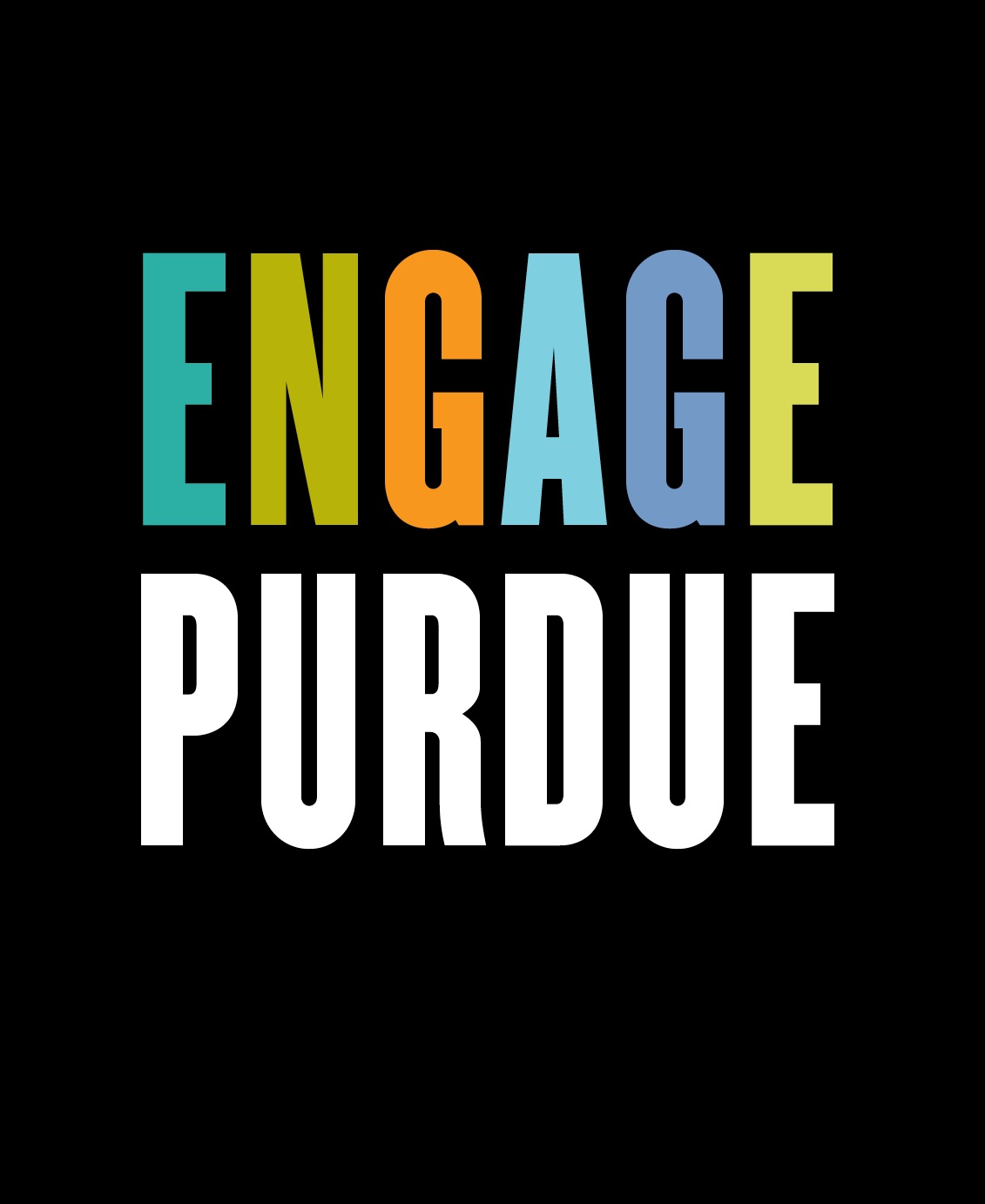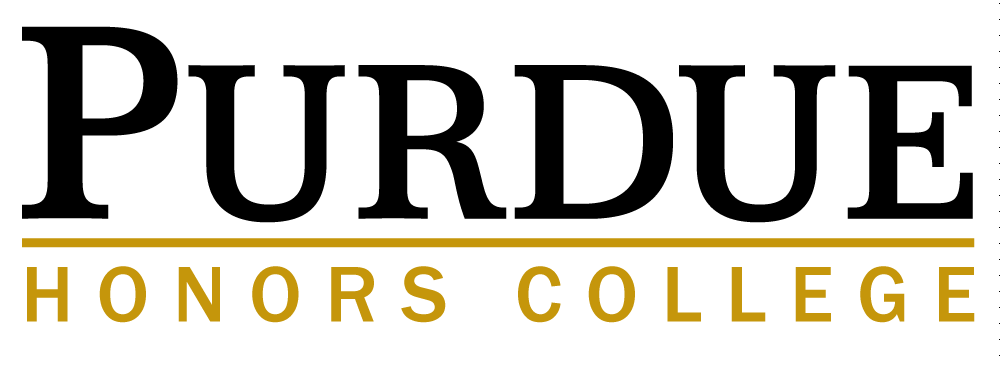Location
West Lafayette Campus
Description
Poster Abstract
Objective:
To evaluate student perceptions of a service-learning experience for potential implementation in the curriculum.
Method:
A new 3-week intensive elective course was piloted in the Spring of 2017 at Purdue University College of Pharmacy. Seven third professional year students were included in the pilot and were divided into three groups. Each group of 2-3 students was assigned to one of 3 predetermined community partner sites. Students were taught how to perform a needs assessment and then designed a project targeted to improve safety at their site. Students completed a pre-post questionnaire that assessed their perceptions of the course. Results were analyzed as one tool in the determination of a similar, larger scale course for inclusion in the curriculum.
Results:
A majority of the students (n=6, 86%) indicated that they agreed or strongly agreed that they learned valuable information from the course. There was a statistically significant increase in agreement with statements indicating an improved understanding of the concept of service-learning (p<0.01), ability to conduct a needs assessment (p<0.01), ability to strategically develop a service-learning project (p<0.01), and increased likelihood to pursue a presentation (p=0.02), publication (p<0.01), or grant writing (p<0.01) opportunity as a result of the course.
Implications:
Results from this pilot course suggest that offering pharmacy-based, service-learning experiences in safety may be beneficial for both the professional development of the students as well as the local community.
Safety and Service-Learning: Engaging Pharmacy Students to Make Safer Communities
West Lafayette Campus
Poster Abstract
Objective:
To evaluate student perceptions of a service-learning experience for potential implementation in the curriculum.
Method:
A new 3-week intensive elective course was piloted in the Spring of 2017 at Purdue University College of Pharmacy. Seven third professional year students were included in the pilot and were divided into three groups. Each group of 2-3 students was assigned to one of 3 predetermined community partner sites. Students were taught how to perform a needs assessment and then designed a project targeted to improve safety at their site. Students completed a pre-post questionnaire that assessed their perceptions of the course. Results were analyzed as one tool in the determination of a similar, larger scale course for inclusion in the curriculum.
Results:
A majority of the students (n=6, 86%) indicated that they agreed or strongly agreed that they learned valuable information from the course. There was a statistically significant increase in agreement with statements indicating an improved understanding of the concept of service-learning (p<0.01), ability to conduct a needs assessment (p<0.01), ability to strategically develop a service-learning project (p<0.01), and increased likelihood to pursue a presentation (p=0.02), publication (p<0.01), or grant writing (p<0.01) opportunity as a result of the course.
Implications:
Results from this pilot course suggest that offering pharmacy-based, service-learning experiences in safety may be beneficial for both the professional development of the students as well as the local community.




